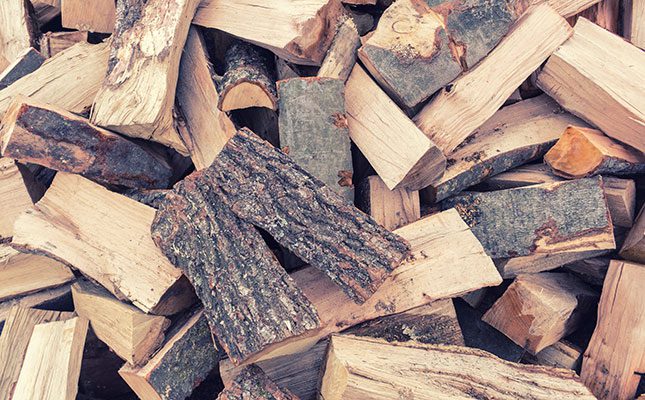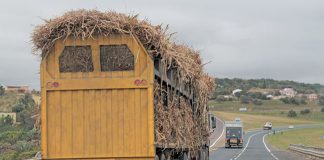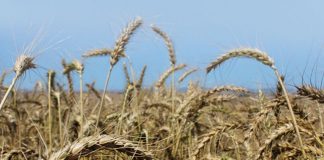
This comes as a precautionary measure as the firewood may contain a tiny beetle that seriously threatens indigenous trees and forests.
According to a statement by Ezemvelo acting CEO Sihle Mkhize, the polyphagous shot-hole borer (PSHB) is about the size of a sesame seed and native to Southeast Asia. However, it has recently started invading South Africa.
“The beetles create branching, breeding and feeding galleries in trees lined with a layer of spores of the co-introduced alien species of fungus they carry. This fungus, which they feed on, is left inside the tree’s circulatory system, which blocks nutrients and water from reaching parts of the tree and leads to branch dieback and the tree’s death.”
Mkhize said the beetles are spread mainly by the movement of wood from infested trees, most often in the form of firewood.
“The beetles have spread through this mechanism to numerous locations across the country. No chemical products are registered for treatment against PSHB in South Africa, which makes this a serious threat to biodiversity and food security.”
He said after much consideration of the high risk that this alien beetle and the fungus it carries poses to biodiversity in the reserves, and the main means of their spread being through firewood, Ezemvelo had decided to implement a ban on visitors bringing firewood into any of the reserves.
“Visitors can still purchase firewood from our curio shops that has been safely sourced from PSHB-free areas. We urge visitors to use charcoal, which can be brought into our reserves, and stop bringing firewood, or to buy firewood from resort curio shops if necessary,” said Mkhize.
He said Ezemvelo would continue to work with the nearby communities to ensure that the wood they sell is PSHB-free.
For more information on PSHB, visit https://www.fabinet.up.ac.za/pshb












